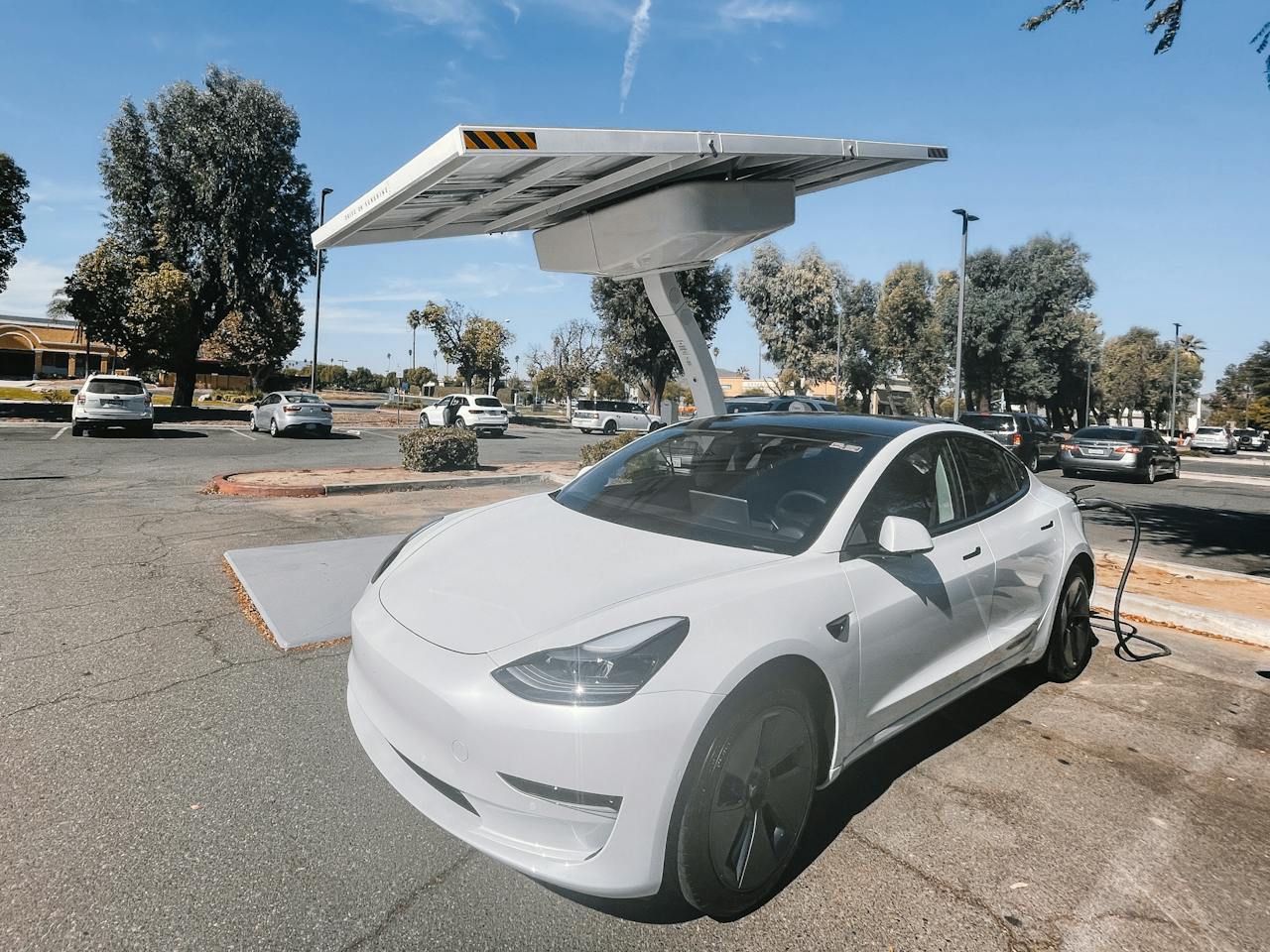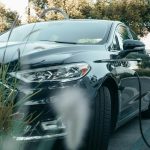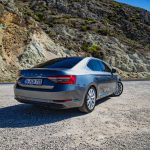In a world where innovation propels us forward, the automotive industry is no exception. The surge in electric vehicles (EVs) has sparked a pivotal conversation around the need for robust charging infrastructure. This article delves into the intricacies of charging infrastructure for electric cars, exploring the current landscape, advancements, and the impact on the automotive ecosystem.
Understanding the Basics
What is Electric Car Charging Infrastructure?
To comprehend the significance, let’s start with the basics. Electric car charging infrastructure refers to the network of charging stations designed to recharge electric vehicles. From residential chargers to public stations, this infrastructure is the lifeline of the EV community.
Types of Charging Stations
- Level 1 Chargers: Standard household outlets offering slow charging.
- Level 2 Chargers: Found in homes and public spaces, providing faster charging.
- DC Fast Chargers: High-powered stations enabling rapid charging.
The Current Landscape
The Rise of Electric Vehicles
With major automotive players pivoting towards sustainable solutions, the EV market is witnessing an unprecedented boom. This surge in popularity, however, necessitates a robust charging infrastructure to meet the growing demand.
The current landscape of electric vehicles is dynamic, with automakers rolling out an impressive array of electric models. Tesla, for example, has become synonymous with electric luxury vehicles, while traditional giants like Ford and General Motors are investing heavily in EV technology. This shift is not only reshaping the automotive industry but also challenging the existing infrastructure to keep up.
Global Initiatives
Countries worldwide are investing heavily in expanding and enhancing electric car charging networks. Initiatives range from government incentives to private sector investments, fostering a conducive environment for EV adoption. For instance, Norway has been a trailblazer, offering extensive subsidies and tax exemptions for EVs, resulting in a significant portion of the country’s vehicles being electric.
These global initiatives not only promote the environmental benefits of electric vehicles but also address concerns about infrastructure development. Governments understand the pivotal role they play in incentivizing businesses to invest in charging infrastructure, thereby boosting the overall electric mobility ecosystem.
Technological Advancements
Smart Charging Solutions
The integration of smart technology has revolutionized charging infrastructure. Smart charging stations not only optimize energy consumption but also allow users to monitor and control the charging process remotely. This technology ensures that electric cars charge efficiently, taking into account factors like grid demand and electricity prices.
Imagine a scenario where your car communicates with the charging station, determining the best time to charge based on electricity costs. Smart charging solutions make this a reality, contributing not only to the user’s convenience but also to the stability of the power grid.
Wireless Charging
The next frontier in charging infrastructure is wireless charging. Imagine a world where charging your car is as simple as parking it. Wireless charging is breaking barriers, eliminating the need for physical connectors, and enhancing user convenience.
Wireless charging works on the principle of electromagnetic fields, allowing energy to be transferred from a charging pad to the vehicle’s battery without direct contact. This technology is still in its infancy but holds immense promise for the future. As it becomes more widespread, drivers may never need to worry about plugging in their vehicles again.
Overcoming Challenges
Range Anxiety
One major hurdle in widespread EV adoption is the fear of running out of battery power—commonly known as range anxiety. Innovative charging infrastructure aims to alleviate these concerns by providing reliable and strategically located charging stations.
Range anxiety is a psychological barrier that arises from the fear of not having enough electric range to reach a destination. Addressing this concern involves not only increasing the range of electric vehicles but also strategically placing charging stations to create a sense of security for drivers.
Infrastructure Accessibility
Ensuring accessibility is crucial for the success of electric car charging infrastructure. Addressing disparities in charging station distribution is imperative to make EVs a viable option for all. This means not only focusing on urban areas but also considering rural and remote locations.
Governments and private entities are working together to create a comprehensive charging network that spans across cities and highways, ensuring that electric vehicle users can travel without worrying about the availability of charging stations. This inclusivity is essential for the mass adoption of electric vehicles and the realization of a sustainable future.
Future Prospects
Quantum Leap in Battery Technology
The future holds promising developments in battery technology. Faster charging capabilities and extended ranges are on the horizon, making electric cars even more appealing. As battery technology advances, the inconvenience of long charging times will become a thing of the past.
Researchers are exploring new materials and designs that could significantly enhance the energy density of batteries, allowing electric cars to travel longer distances on a single charge. This, coupled with advancements in charging infrastructure, will contribute to the widespread acceptance of electric vehicles.
Integration with Renewable Energy
To further enhance sustainability, the integration of charging stations with renewable energy sources is gaining traction. This not only reduces the carbon footprint but also aligns with global efforts towards a greener future.
Solar-powered charging stations, for example, harness the abundant energy from the sun to charge electric vehicles. This not only makes the charging process environmentally friendly but also reduces dependence on traditional energy sources.
Conclusion
As we navigate towards a future dominated by electric vehicles, the role of charging infrastructure cannot be overstated. It is the backbone of the electric mobility revolution, ensuring that EVs are not just a trend but a sustainable and accessible mode of transportation.
In conclusion, the evolution of charging infrastructure is closely intertwined with the growth of electric vehicles. As technology continues to advance and global initiatives gain momentum, we can expect a future where electric cars are not just an alternative but the norm. The challenges of range anxiety and accessibility are being actively addressed, making electric vehicles a viable and attractive option for a wide range of consumers.
FAQs
How fast can electric cars charge at DC Fast Chargers?
DC Fast Chargers can provide an 80% charge in approximately 30 minutes, depending on the vehicle and charger compatibility.
Are wireless charging stations widely available?
While wireless charging is gaining traction, it is not yet as widespread as traditional charging stations. However, ongoing advancements suggest a shift towards greater availability.
How can governments encourage the development of charging infrastructure?
Governments can provide incentives, subsidies, and regulatory support to encourage private investments in charging infrastructure, fostering its rapid expansion.
What is the average lifespan of an electric car battery?
The average lifespan of an electric car battery is around 8 to 15 years, depending on usage patterns and environmental factors.
Are there initiatives to make charging stations more visually appealing?
Yes, there are ongoing initiatives to integrate artistic and visually appealing designs into charging stations, making them more aesthetically pleasing and seamlessly blending with urban landscapes.
Last Updated on November 22, 2023 by admin

Mac is an Automotive enthusiast. He owns up to 15 vehicles. He deals with Auto problems and shows his skill to Car owners who are seeking any type of Car help.





